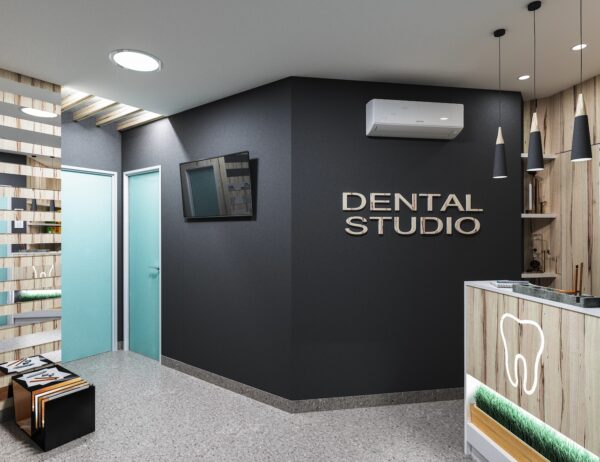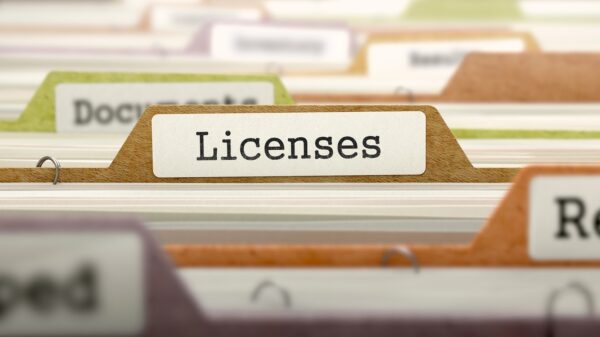For many dentists, owning a practice is a significant career milestone. Whether you’re fresh out of dental school, ready to expand your current business, or considering acquiring an established practice, understanding the financing process is essential. In a recent episode of Beyond Bitewings, guest Danielle from Huntington Bank provided invaluable insights into dental practice lending and what dentists need to know to make their goals a reality.
Starting Your Own Dental Practice
For dentists looking to start a practice from the ground up, preparation is key. Danielle emphasized the importance of:
- Living Below Your Means Before Starting: Dentists transitioning from associate roles often have high incomes but should avoid significant lifestyle expenses before opening their practice. Managing personal debt and expenses ensures they are better positioned for loan approval.
- Understanding Loan Amounts and Expectations: Typical startup loans range between $750,000 and $800,000, covering construction, equipment, and working capital. While this amount may seem daunting, lenders like Huntington Bank offer specialized programs tailored to dentists, often requiring zero down payment.
- Building a Strong Team: Collaboration with your CPA, financial advisor, and lender is crucial to align your financial goals and set realistic expectations.
- Prioritizing Working Capital: Loans often include funds for working capital, which cover initial overhead, payroll, rent, and marketing while your practice builds its patient base.
Managing Debt and Choosing the Right Lender
One common concern for new dentists is student debt. Danielle clarified that many lenders, especially those experienced in the dental industry, don’t consider student loans a barrier. Instead, they focus on cash flow and the dentist’s ability to generate revenue.
She also highlighted the importance of working with industry-specific lenders who understand the nuances of dental practices. These lenders often offer more favorable terms, such as fixed rates, no down payments, and lower fees, compared to general lenders who may require SBA guarantees or higher interest rates.
Acquiring an Existing Practice
For dentists interested in acquiring a practice, the process is unique and requires careful evaluation:
- Cash Flow is Critical: Lenders assess whether the practice’s revenue can support both the loan payment and the buyer’s income needs. Practices with strong hygiene programs and consistent cash flow are often more attractive to lenders.
- Finding the Right Fit: Acquisitions are like dating — not every practice is the right match. It’s essential to evaluate whether the culture, location, and patient base align with your professional goals.
- Building Relationships: Establishing a strong relationship with your lender and CPA ensures a smoother acquisition process and helps overcome challenges, from lease negotiations to financial evaluations.
Why Now Might Be the Best Time to Start or Expand
Danielle discussed the rising costs of starting and running a dental practice. While interest rates fluctuate, construction and equipment costs tend to remain high. Delaying could mean paying more in the long run. Additionally, lenders often offer flexible refinancing options to adjust loans as interest rates change, making now an excellent time to move forward with your plans.
The Importance of Relationships in Lending
One of the standout messages from the episode was the value of a lender who prioritizes relationships. Danielle shared how Huntington Bank assigns dedicated representatives to guide dentists through every step of the process, ensuring personalized support and avoiding the frustrations of dealing with large, impersonal banks.
If you’re considering your financing options or want to learn more about the process, contact us today. Our team is here to help you achieve your dreams of practice ownership with expert guidance tailored to your unique needs.




